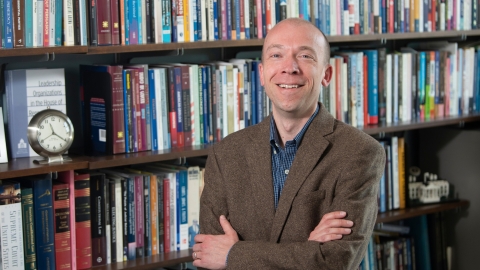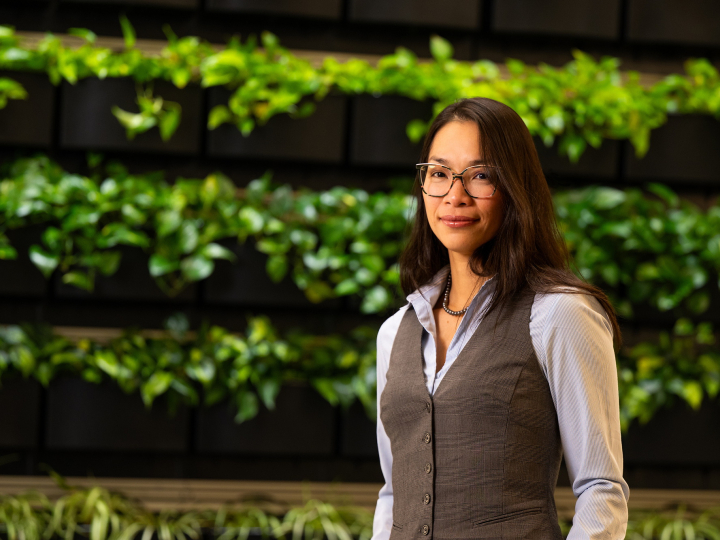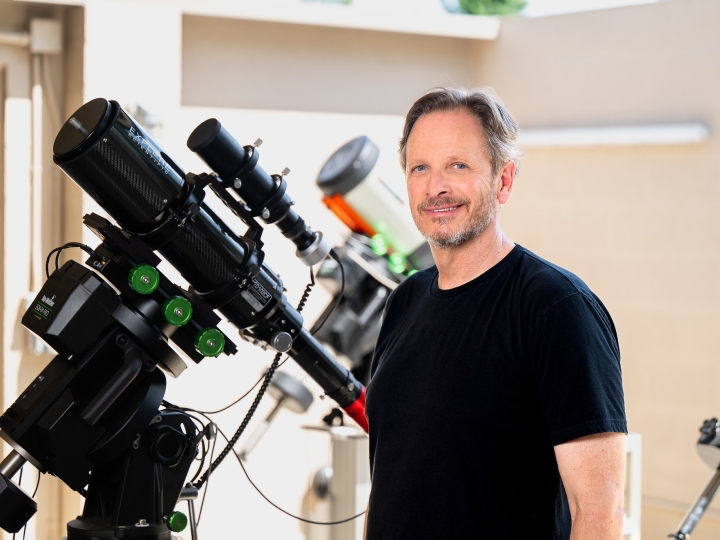
Scott Meinke, Political Science
June 20, 2020
One of the fun things about teaching politics is using current issues and debates in the classroom. Students can explore important problems that are relevant to them and learn to think like political scientists at the same time.
Professor Scott Meinke, political science, was only five years old when his father, seeing his interest in the 1980 presidential election, constructed a makeshift voting machine so Meinke could pretend to vote.
"My parents also took me into the real booth when they went to vote," Meinke recalls. "I didn't know I was going to be a professor and spend my life researching this, but throughout my childhood, I was interested in politics."
Meinke teaches courses in how the systems of American government work — from the courts to Congress to the presidency. In the classroom, he likes students to learn by modeling. For instance, in his class on the American court system, students do a two-week simulation of Supreme Court decision-making. They assume the roles of attorneys or Supreme Court justices for a real-life contemporary court case, delivering oral arguments or writing opinions on the case.
"Rather than thinking abstractly about how justices make decisions, they have to actually experience the different kinds of pressures that can affect the way they make a choice," Meinke says.
Exploring the myriad factors that influence governing officials is a focus of Meinke's recent teaching on the current political landscape. In his newest class, Polarization in America, students study the evolution of political polarization, and how everything from public opinion and personal values to news media contribute to divisive politics. Over the course of the semester, Meinke says students often come to realize that the story behind America's political division is more complex than they thought.
"They come away with a sense that there's no one silver-bullet explanation for how we got polarized and therefore there's not a silver bullet for fixing it," he says. "Although we have differences of opinion and we read things that present conflicting views, I think everybody comes away with the understanding that this is complicated. The story of how we move on from here is complicated."
While he encourages debate in his discussion-based classes, Meinke emphasizes that he doesn't try to sell a particular partisan or ideological viewpoint to students. The most important thing, he says, is to understand how the system's rules and conventions affect government — and how they might be changed.
"My approach in the classroom is to encourage students to appreciate both sides," says Meinke. "I want them to understand how the system could work differently, no matter what views they hold. If you are not pleased with what is going on, think about the current rules and process and how they can be improved."

